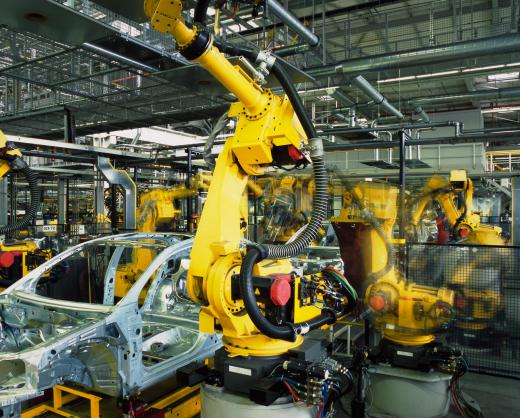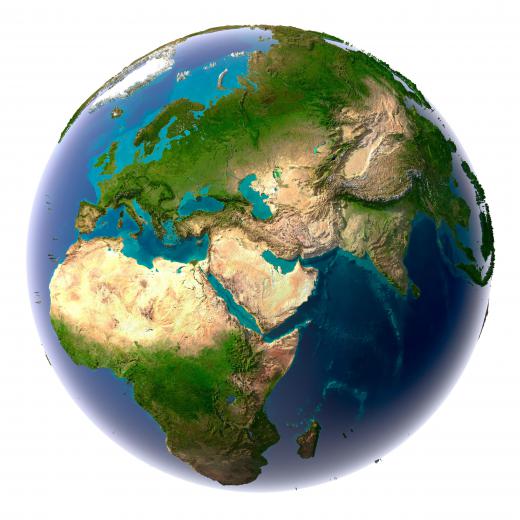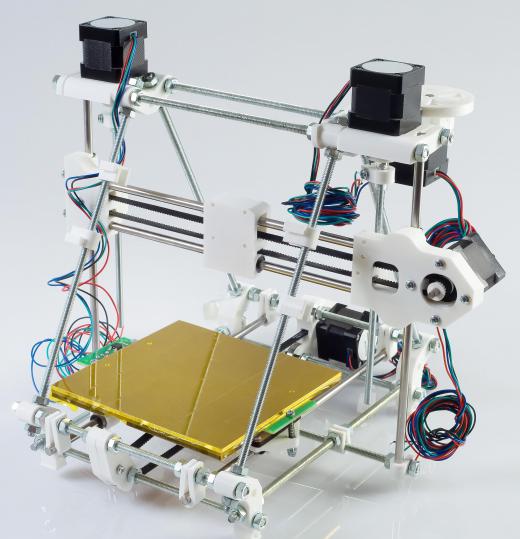What is the Future of Technology?
 Michael Anissimov
Michael Anissimov
No one can predict the future of technology exactly, because no one can see the future. However, there are reasonable arguments that can be made, based on the advances and trends of technology in the past. For instance, it is reasonable to predict that computers will continue to get more powerful, numerous, and cheaper. Areas with huge potential which is just beginning to be exploited today, like biotechnology, nanotechnology, and other emerging technologies, will continue to bear fruit.
Technology in general will probably continue to improve, as it has for millennia, creating both promises and risks. Some futurists have even claimed that the rate of technological progress is accelerating, citing the argument that better tools help us create still better tools, and there exist more skilled scientists and engineers today than ever before.

In the domain of computers, we already see increasing miniaturization and functionality. Today, someone might interact with dozens or hundreds of embedded microchips throughout the home and office, in the future, it will be many thousands. Increasing bandwidth and decreasing costs will lead to what some have called "ubiquitous computing" — computers everywhere helping us with everything. This takes computing technology to the next step.

Some commentators, notably Bill Gates, believe the next few decades will be highlighted by long-awaited revolutions in robotics technology, with robots entering the home and workplace on a wide scale. Already, robots are being used to clean pools, carpets, and perform rudimentary security functions. In Japan and elsewhere, research is intense to develop robots that can take care of the elderly and help automate more manual labor tasks. This process of increasing automation will generate wealth, enabling further investment in automation, until eventually, most physical labor will be optional.

Other futurists see trends in automation technology leading to desktop factories that decentralize manufacturing and allow users to quickly fabricate objects such as utensils and cell phones from simple precursor parts, like circuit boards and plastic powder. "3D printers" could revolutionize product distribution in the same way that P2P networks today have revolutionized the distribution of music and videos. Users could share product designs on open source sites, making them available to anyone on the globe with the necessary desktop factory.

Aside from these two areas, there are dozens if not hundreds of domains that will continue to advance technologically: novel materials, nanotechnology, pharmaceuticals, gene therapy and stem cells, renewable energy, display and interface technology, artificial intelligence, and more. One thing is for sure: the future will have better technology than the past. But will we put it to better use? Only time and effort will tell.
AS FEATURED ON:
AS FEATURED ON:















Discuss this Article
Post your comments